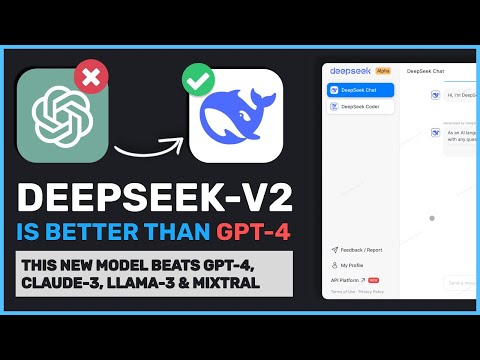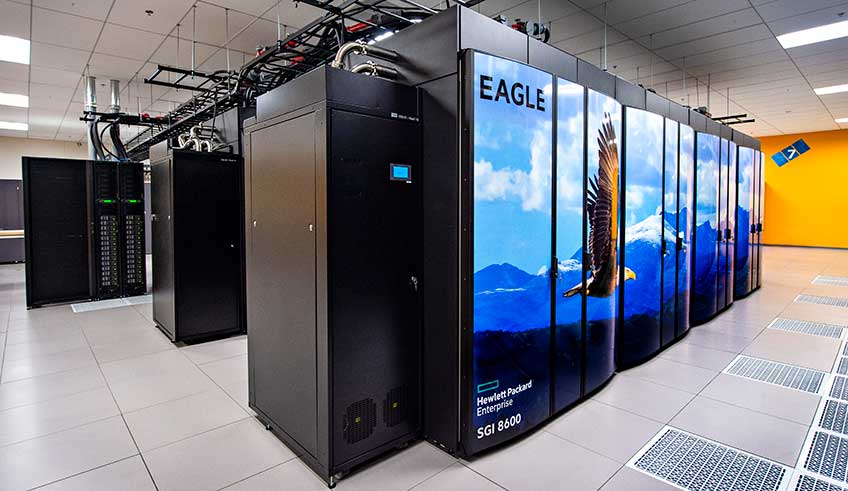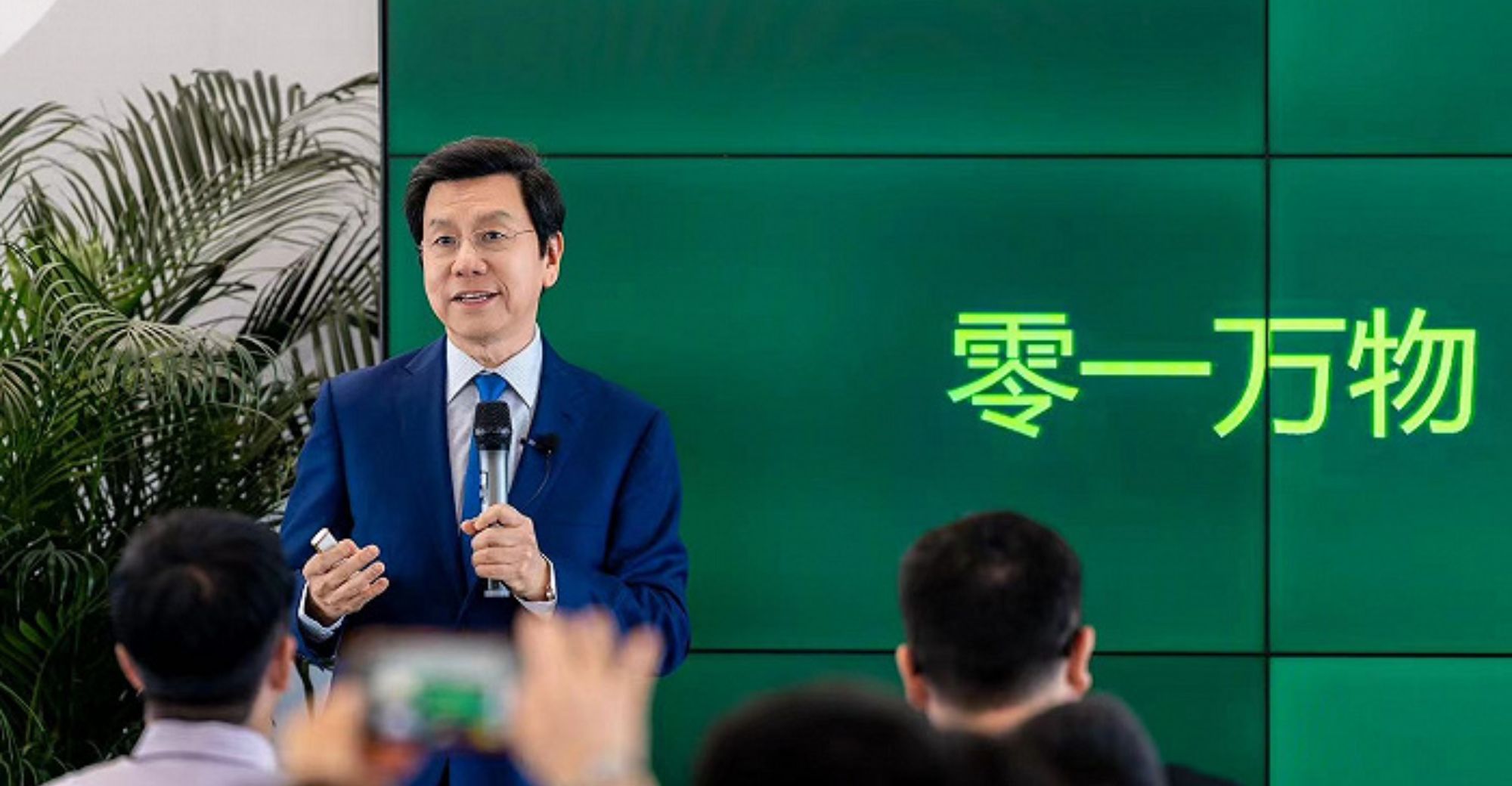LLM Prices Plummet in China as Alibaba Cloud Enters the Fray
The large language model (LLM) market in China has witnessed a significant shift in recent times, with prices plummeting to historic lows. This drastic change is largely attributed to the entry of Alibaba Cloud into the market, which has sparked a price war among Chinese AI players.
Alibaba Cloud’s Aggressive Pricing
On May 21, Alibaba Cloud announced a substantial price drop for its large models, offering varying levels of free access and price reductions for both open- and closed-source versions. The most notable change was for the Qwen-Long large language model (LLM), which saw a 97% price cut from RMB 20 (USD 2.7) to just RMB 0.5 (USD 0.06) per million tokens. This move undercut ByteDance’s Doubao model, which had set its price at RMB 0.8 (USD 0.11) per million tokens on May 15.
“The price war has begun, and it’s not just about the models themselves, but about the entire ecosystem.” - Industry Insider
Baidu’s Response and the Rise of Free Models
Only four hours after Alibaba Cloud’s announcement, domestic rival Baidu responded by making its Ernie Speed and Ernie Lite models free to use. This move marked a significant shift in the market, with companies now focusing on smaller, cost-effective models.
The Rise of Smaller Models
The trend towards smaller models is not new, but it has gained significant traction in recent times. The release of the DeepSeek V2 model, backed by the quantitative fund High-Flyer, marked a turning point in the price war. The model, boasting 236 billion parameters, offered API pricing at just RMB 1 per million tokens for computation and RMB 2 per million tokens for inference.
 DeepSeek V2 model
DeepSeek V2 model
The Impact on Downstream Consumers
For downstream consumers, the price war presents a mixed bag. On one hand, the reduced prices make it more affordable to use LLMs. On the other hand, the focus on smaller models may lead to a trade-off in performance.
 LLM prices
LLM prices
The Business of Large Models
Despite the rock-bottom prices, major companies can still turn a profit. They tend to position large models as the “storefront,” with the real intention being to sell complementary cloud services. For example, High-Flyer, with its own computing cluster, can generate revenue of up to USD 35.4 per hour per server when the utilization rate of its computing service is at its peak, achieving a gross profit margin of over 70%.
 High-Flyer computing cluster
High-Flyer computing cluster
The Outlook for Smaller Companies
For smaller companies and startups, the price war presents a less optimistic outlook. The CEO of 01.AI, Lee Kai Fu, stated that the company will not partake in the ongoing price war, retaining its current API pricing of RMB 20 per million tokens for its latest Yi-Large model.
 01.AI Yi-Large model
01.AI Yi-Large model
In conclusion, the LLM market in China is undergoing a significant transformation, with prices plummeting to historic lows. As the market continues to evolve, it will be interesting to see how companies adapt to the changing landscape.


 Photo by
Photo by 












